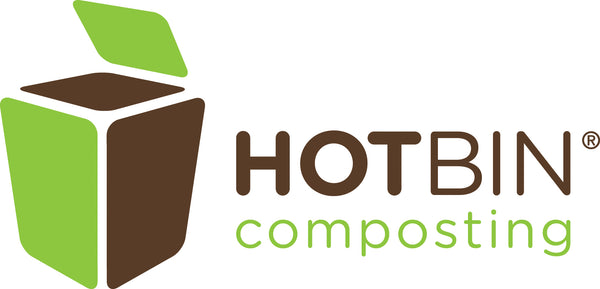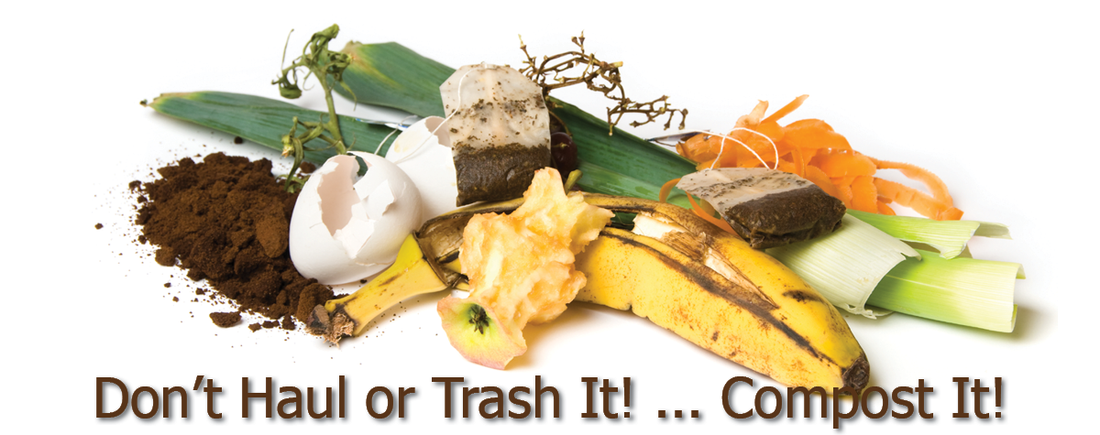Food and garden waste should not be confused with general garbage, as they can be composted and recycled into soil. Opting to haul them separately to a recycling facility is a preferable choice over disposing of them in landfills, where they would decompose and produce methane gas. However, it's important to note that the collection and transport of organic waste by local providers to composting sites cannot be considered a Zero Waste solution, as it comes with environmental and cost implications.
The reason is straightforward. Sending food waste to local composting facilities incurs the costs of transportation and the associated production of CO2 emissions. For this reason, treating organic waste at its source, where it is produced, is considered the ideal option.
Zero Waste is recognized as a valuable solution. Composting food waste at its source is a natural and eco-friendly recycling method that doesn't contribute to CO2 emissions or require additional power to transform it into compost. Experts emphasize that composting at the source is one of the most impactful actions we can take to reduce trash, address climate change, and foster healthy soil.
Thanks to technological advancements, we now have devices that can efficiently process food waste at home, producing compost and other valuable by-products. Composting at home not only eliminates the need for transportation-related emissions but also provides an opportunity to recover nutrients from food waste that would otherwise be lost in landfills—a remarkable benefit for soil health.
In addition to its environmental advantages, composting at home also carries a financial benefit, as it contributes to lowering the costs associated with waste collection. Learn more about home composting and its benefits on this site https://hotbincomposting-us.com/

